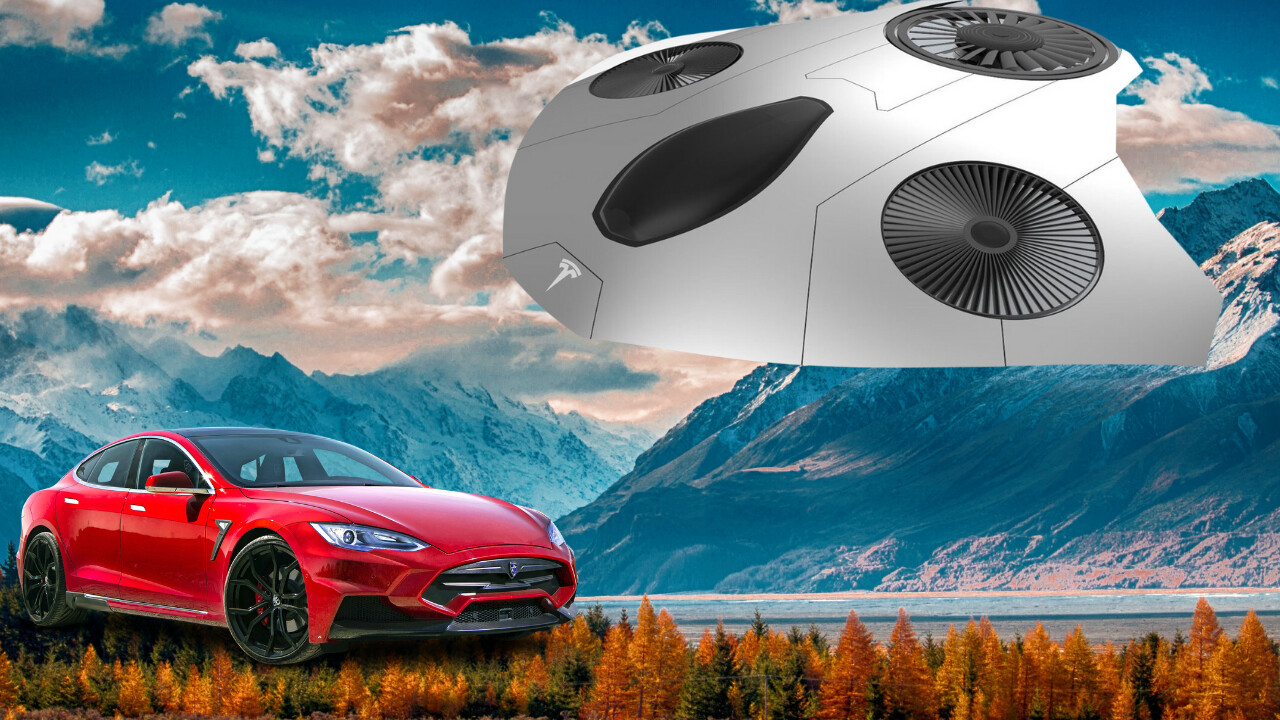
This week, news resurfaced again of Tesla’s interest in aviation. Given how many stories turn out to be nothing more than rumors, I decided to look into the likelihood of a Tesla aircraft.
So what’s the latest?
Not as much as you might think.
Working on Master Plan Part 3
— Elon Musk (@elonmusk) March 17, 2022
The billionaire entrepreneur shared a post on Twitter, saying he is “working on Master Plan Part 3,” without revealing more details.
In response, Morgan Stanley’s key analyst on all things Tesla, Adam Jonas, asserted in a research note reported by MSN:
In our view, the chance that Tesla does not ultimately offer products and services to the eVTOL [electric vertical takeoff and landing aircraft]/UAM [ urban air mobility] market is remote. The potential skills transferability and network adjacencies are too strong to ignore.
How did the Tesla aviation rumors start?
There have been plenty of efforts to link Tesla and the sky. Elon Musk has not been shy in speculating about extending Tesla’s business beyond electric cars, space exploration, hyperloop tunnels, brain implants, and trucks.
Almost everything he says becomes either headline or article fodder and gets shared globally.
But if I was going to pick out a few examples to build an argument for a Tesla aircraft, I’d include:
Elon Musk in 2008 told TechCrunch that “an electric plane only gets more feasible as battery technology improves .”
In Iron Man 2, Tony Stark walked up to Elon Musk to shake his hand and compliment him about the Merlin engines. Musk smiled and replied, saying he’s got an idea for an electric jet, and Tony says they would make it work.
In 2016, at a Hyperloop Q&A at Texas A&M, Musk shared: “Well, I have been thinking about the vertical takeoff and landing electric jet a bit more. I mean, I think I have something that might be close. I’m quite tempted to do something about it.”
Then, on an episode of Third Row Tesla’s podcast, interviewers asked Elon about his plans to enter aviation in 2020. Elon replied:
“No. I think it’s incredibly difficult to bring an aircraft to production and meet all the regulatory requirements worldwide. It’s a very difficult thing… It takes a massive amount of effort to do any one of these things, so you can’t do them all.”
In 2020 Musk replied to speculation by investor Sam Korus about an electric jet that better battery tech was only three to four years away:
400 Wh/kg *with* high cycle life, produced in volume (not just a lab) is not far. Probably 3 to 4 years.
— Elon Musk (@elonmusk) August 24, 2020
A couple of months later, he again tweeted about the virtues of supersonic jets in response to a tweet from the “World of Engineering” account (since deleted), which commemorated the anniversary of Concorde’s last commercial flight 17 (now 19) years ago.
Sigh … there should be a new supersonic jet, this time electric
— Elon Musk (@elonmusk) October 25, 2020
Is it a Tesla eVTOL?!
In 2021, UK industrial designer Tom Abbot-Davies unveiled an idea for an eVTOL that resembles a futuristic manta ray with the capacity to carry one passenger.

What if #TESLA MADE AN AIRCRAFT??⚡✈️
The Model V (Vertical takeoff and landing) is a one passenger aircraft made for luxurious and quiet UAM flights. Small enough, it easily fits on urban landing pads or driveways.
By @TomAbbotDavies1, read more here!https://t.co/5HrhgwXYHd pic.twitter.com/7NR84OZF9T
— Apollo (@blue_bnd) June 25, 2020

It was all part of a masterful plan to get an internship, and while Elon complimented him on the design, his plan failed to eventuate as he didn’t get the role. Crap.
Then in 2021, Musk again expressed his enthusiasm, but admitted that another project would make his head explode. I feel that way just deciding what cocktail to order at a happy hour, Elon.
I’m so dying to do a supersonic, electric VOTL jet, but adding more work will make my ? ?
— Elon Musk (@elonmusk) October 7, 2021
A nice idea that is yet to gather speed
So, there you have it, a few tweets and some answers to specific questions. It hardly makes a master plan for a supersonic jet or a Tesla eVTOL!
However, I do think that if Tesla was going to enter the aviation space, it would be in the battery R&D sector. It has been continually developing and expanding the capabilities of Tesla’s batteries in terms of weight, material innovation, and building out the broader charging infrastructure.
So, could we see Tesla batteries in eVTOLs? Maybe. Could we see specialist Tesla-built charging stations? Possibly.
Even Tesla can’t hurry up the Federal Aviation Authority
I’ve spoken to several VTOL companies, and getting regulated is a long, slow process. The earliest innovators literally helped write the regulations as their tech began to evolve. They have yet to fly people commercially, let alone cargo.
Further, the R&D issue isn’t just a matter of funds.
We know Musk has plenty of cash, but it’s not so easy to find appropriately skilled staff. Even last year’s Tesla AI day was little more than an effort to attract talented graduates and professionals from other industry players.
So while it may seem logical to add aviation to Musk’s space/road/tunnel family, I won’t be holding my breath anytime soon.
Get the TNW newsletter
Get the most important tech news in your inbox each week.




